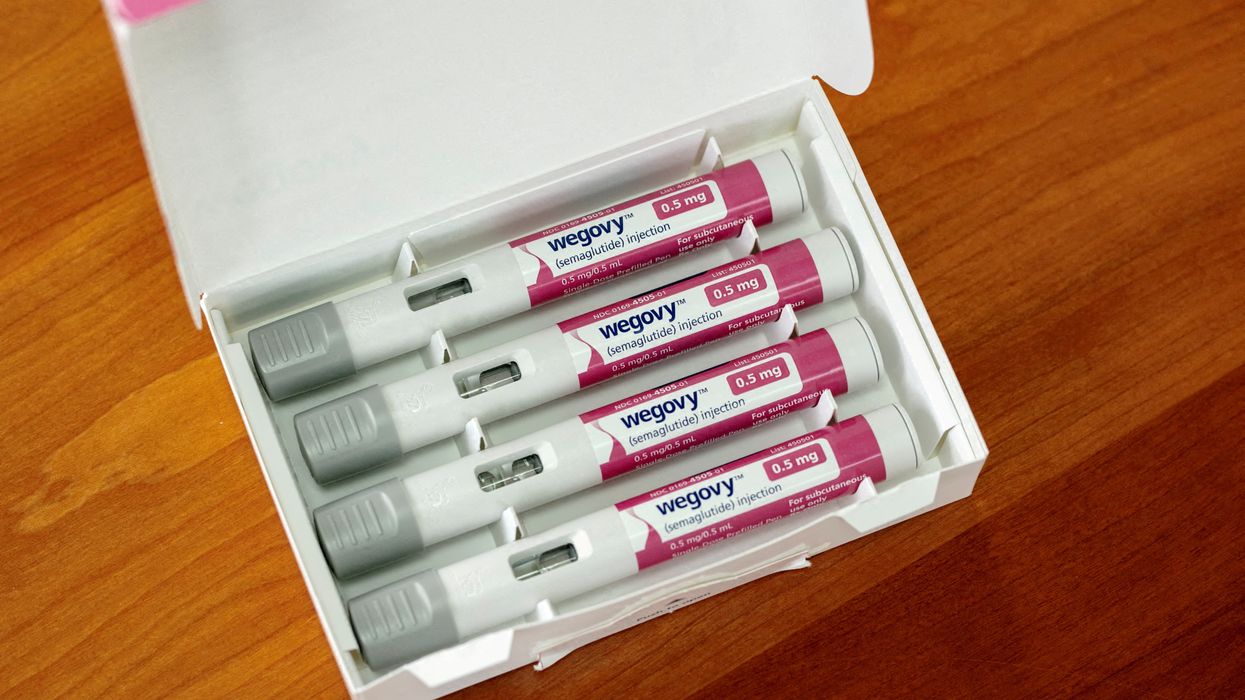Obesity experts raise concern that retail marketing of weight-loss drugs could trivialise their side-effects
British pharmacies and slimming clinics are reducing prices for weight-loss drugs Wegovy and Mounjaro in a competitive bid to win patients.
Both Novo Nordisk's Wegovy (semaglutide) and Eli Lilly’s Mounjaro (Tirzepatide) injection drugs are cleared for weight loss in combination with a reduced-calorie diet and increased physical activity. Wegovy was launched in the UK market in September, with Mounjaro following in February.
Initially designed for treating type 2 diabetes, the drugs have been found to also induce weight loss by suppressing appetite and decelerating digestion.
As reported by Reuters, Simple Online Pharmacy has further reduced the price of starter doses of Mounjaro to £149 for a one-month supply. In February, the price was cut to £159 ($198) from £179. Additionally, the pharmacy on Monday discounted the higher Mounjaro strengths that patients take later.
The retailer, which provides online access to doctors for private prescriptions, told the news agency that demand for the new obesity drugs was “unprecedented and still growing”, but the launch of Mounjaro this year had "significantly alleviated" pressure on supply chains.
Mayfair Weight Loss Clinic and London Slimming Clinic, both offering online prescription and pharmacy services, have also reduced prices for either Mounjaro or Wegovy in recent months, the agency reported.
Novo in January predicted that Wegovy prices will fall as volumes increase and competition heats up.
However, US drugmaker Eli Lilly told Reuters that it has maintained its prices, charging British distributors £92 excluding value-added tax for a four-week starter dose of 2.5 mg, with prices going up to £122 for the highest 15 mg strength.
Novo Nordisk, the Danish pharmaceutical group, stated that pricing is determined by the providers who distribute the drug to patients. The company is scheduled to release its first-quarter results on Thursday.
The company noted that treatment decisions should be made in consultation with a healthcare professional and require strict medical supervision.
Meanwhile, obesity experts have expressed concerns that this growing competition between retailers may result in some patients, who purchase the drugs independently instead of relying on the National Health Service (NHS), missing out on long-term aftercare if they continuously switch providers.
As reported by Reuters, a significant portion of the revenue generated by these products stems from self-paying patients.
Nick Finer, a University College London professor who focuses on cardiovascular disease, warned that retail marketing of weight-loss drugs could trivialise their side effects, such as nausea and diarrhoea, which may lead to dehydration.
Finer cautioned against perceiving these medications as commercial consumer products like vitamins or protein supplements, and advised patients to refrain from switching medical service providers or interrupting treatment due to price considerations.
According to a 2019 report by the Organisation for Economic Co-operation and Development (OECD), Britain has the highest obesity rate in Europe, with nearly one in three adults classified as obese.


















